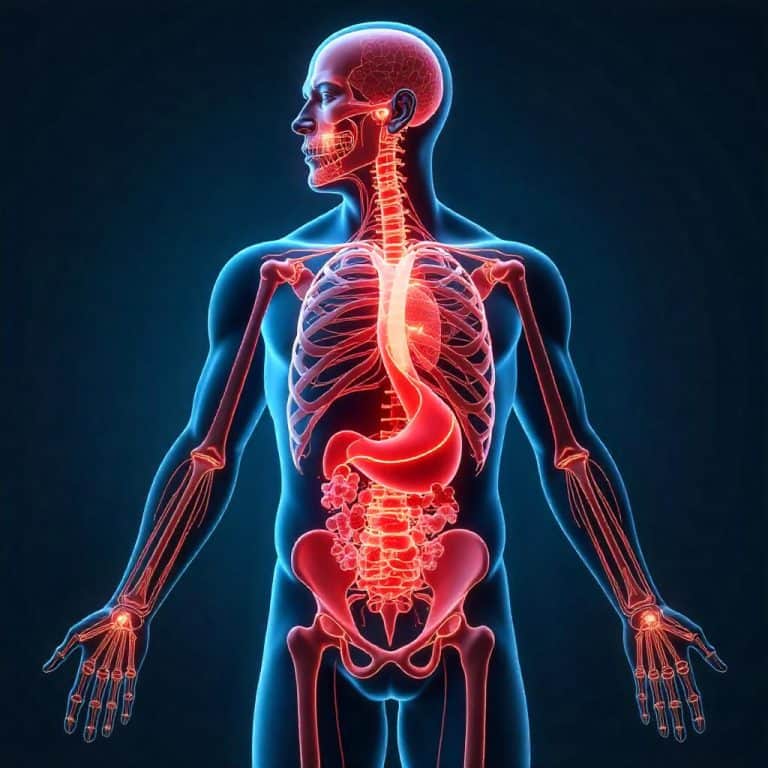Welcome to the online Sympathetic Nervous System quiz! In this game, you will learn all about the amazing system in your body that helps you respond to stress and danger. The sympathetic nervous system is like your body’s own personal superhero, ready to jump into action when you need it most.
Get ready to dive into the world of fight or flight responses, adrenaline rushes, and the incredible ways your body reacts to different situations. By the end of this quiz, you’ll better understand how the sympathetic nervous system helps you navigate the ups and downs of life.
So, grab a seat, buckle up, and get ready to test your knowledge on this fascinating topic!
Play Sympathetic Nervous System Quiz
Instructions
- This quiz is multiple choice.
- Read each question carefully before selecting an answer.
- Choose the best answer for each question.
- You will see the missed questions with correct answers at the end of the quiz.
Quick Facts
- The sympathetic branch of the autonomic nervous system helps your body react to stress or danger.
- It is responsible for the “fight or flight” response, where your heart rate increases and your muscles tense up.
- This system also controls the release of adrenaline, which gives you a burst of energy in times of need.
- It works alongside the parasympathetic system to keep your body in balance.
- When the sympathetic system is activated, your pupils dilate to let in more light.
- It also slows down digestion so your body can focus on more immediate needs.
- The sympathetic system can increase your blood pressure to help deliver oxygen and nutrients to your muscles.
- It can make you sweat to help cool your body down during times of stress.
- This system is constantly monitoring your surroundings for potential threats and reacting accordingly.
- Overall, the sympathetic nervous system helps you respond quickly and effectively to challenging situations.
Downloads
Study Tips
- Create a study schedule and stick to it.
- Find a quiet and comfortable study environment.
- Remove distractions such as phones and social media.
- Take breaks every 25-30 minutes to avoid burnout.
- Use active studying techniques like summarizing, highlighting, and teaching concepts to someone else.
- Practice retrieval by testing yourself with flashcards or practice quizzes.
- Stay organized with notes, study guides, and resources.
- Stay hydrated and eat brain-boosting foods like fruits, nuts, and whole grains.
- Get enough sleep to improve memory retention and cognitive function.
- Reward yourself for reaching study goals to stay motivated.
